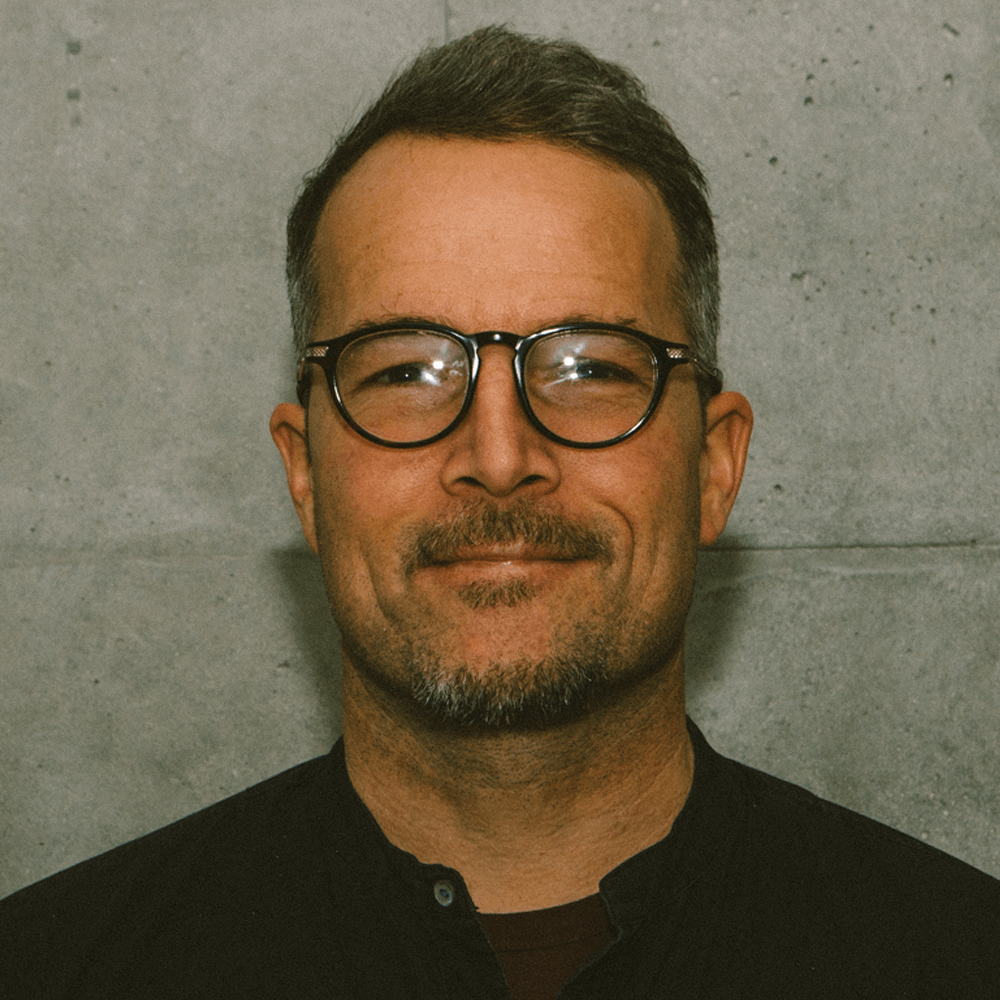
Agricultural waste from food crops is traditionally left either to rot or is burned, contributing to GHG emissions and air pollution. 270 million tons of banana waste are left to rot annually, and in India, 32 million acres of rice straw are burned every year.
Circular Systems’ Agraloop, in contrast, sees food crop waste as a valuable resource, a feed stock for natural fiber products. Winner of the 2018 Global Change Award, the company aims to unlock value for the textile and fashion industry, for farmers, and for the planet.
Bard MBA alum Nicole Pamani recently spoke with Isaac Nichelson, CEO and Co-Founder at Circular Systems, about how the company’s circular production processes are helping to redefine the meaning of sustainable materials in the fashion industry. They discussed how Agraloop functions like a mechanical sheep, and how the COVID-19 pandemic is causing us to rethink the way we produce products.
The following Q&A is an edited excerpt from the Bard MBA’s June 5th The Impact Report podcast. The Impact Report brings together students and faculty in Bard’s MBA in Sustainability program with leaders in business, sustainability and social entrepreneurship.
Reprinted from GreenBiz.
BARD MBA: TELL US THE AGRALOOP STORY.
Agraloop is the world’s first regenerative industrial system for textile production. It originated from the mind of Yitzac Goldstein, whose natural systems thinking drives him at the core. It’s recently been described by our friend Nick Tipon from Fibershed, one of the world’s experts in regenerative farming practices and fiber systems, as essentially a giant mechanical sheep.
A sheep consumes a lot of biomass left over from food production, basically agricultural stubble. That biomass goes into its belly, where the sheep breaks it down and turns it into nutrition. Finally, the sheep fertilizes the field, trampling it in ever so perfectly, which improves the fertility cycle.
This is exactly what Agraloop does at an industrial scale. It takes the leftover biomass from food crop production and upgrades that fiber, using some of the waste to create energy. When we’re done, what’s left over are only beneficial effluent and super high value products, rather than the caustic salts that come from traditional fiber processing or dye processing.
The effluent is actually perfect organic fertilizer, and we take it back to the farms to build soil fertility and further sequester carbon—just like the sheep does. We’re able to provide farmers with more income for waste that was actually climate liability because it’s usually burned.
This is more than just a better way to produce fiber from food crop waste. It’s literally showing the world that we can create industrial systems that are beneficial to humanity and to our habitat.
BARD MBA: HOW DO THE TEXTILES PRODUCED BY AGRALOOP STACK UP AGAINST RECYCLED FABRICS?
With this process, we’re changing people’s whole conception of what a recycled fabric is. Traditionally, recycled cotton textiles have been downplayed as inferior because in most cases they are.
By tearing apart the fabric, mechanical recycling creates shorter staple fibers, and that creates a less strong yarn product. The lack of strength causes issues like pilling. Because it’s generally blended with recycled polyester, it also has problems of inconsistency. These issues have prevented the massive growth of traditional mechanically recycled textiles.
But that can all be fixed. Yitzac has innovated again around the creation of a yarn system that allows us to produce stronger-than-traditional virgin yarns that are also higher performing than traditional synthetics. Their moisture management will meet or exceed the performance of the Adidas Climate Cool or Nike Dri Fit with no chemical finishing and all recycled and organic inputs.
BARD MBA: WHAT’S THE NEXT BIG SUSTAINABILITY CHALLENGE IN THE CIRCULAR FASHION INDUSTRY?
We’re having it delivered to us inadvertently right now with the COVID-19 global pandemic. Within this moment so much loss is happening, but it’s also forcing us to rethink our patterns of consumption and the way we produce things. It’s bringing home the idea of how fragile our habitat is and how sacred our health is.
As we sit in our houses, either laid off or working from home with a lot more time on our hands, we’re looking inward at this incredible crisis. The whole world—but especially the tech, style and fashion industry—is collapsing in on itself right now because it’s unbalanced and totally unprepared for what’s to come.
What’s necessary is not a revolution, but a resolution to change that resolves to do things differently as a species, not just an industry.
BARD MBA: DO YOU SEE OPPORTUNITIES FOR COLLABORATION ACROSS DIFFERENT LEVELS OF OF PRODUCTION?
We’ve been doing presentations at textile exchanges and with some of the biggest companies in our space about a new way of looking at sustainability and collaboration. We are raising the bar. What we need to be striving for is fixing things—that’s regeneration, that’s true circular.
We’re in this incredible moment, this inflection point for humanity, and constructive interference is what’s going to save us. We need it right now on a global basis. Are we going to come out of this into the real hunger games, or are we going to come out of this into a world ready to transform and willing to collaborate?
I can tell you that we at Circular Systems are working night and day do our part to make that collaboration a reality, and we invite everybody else to join us.
